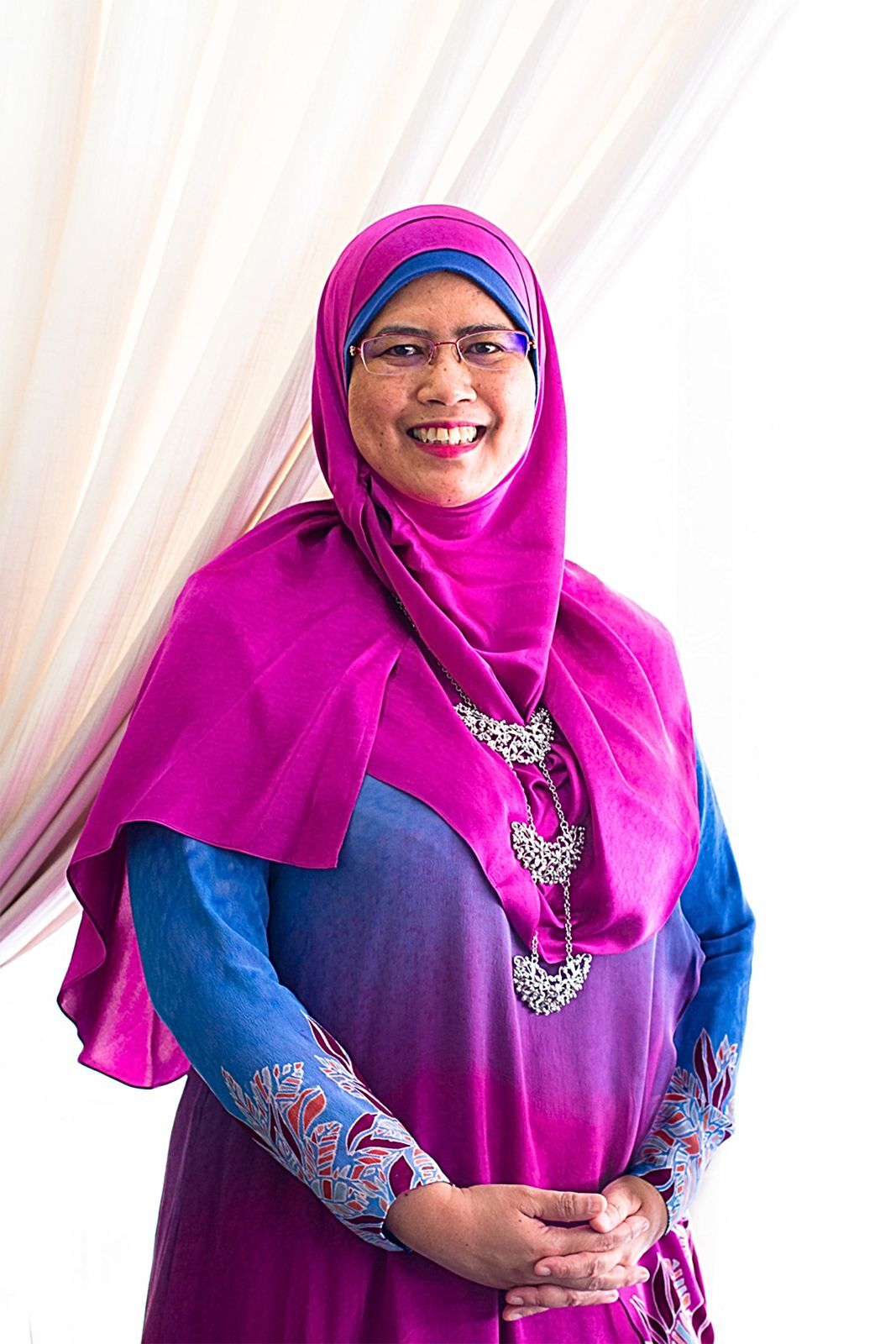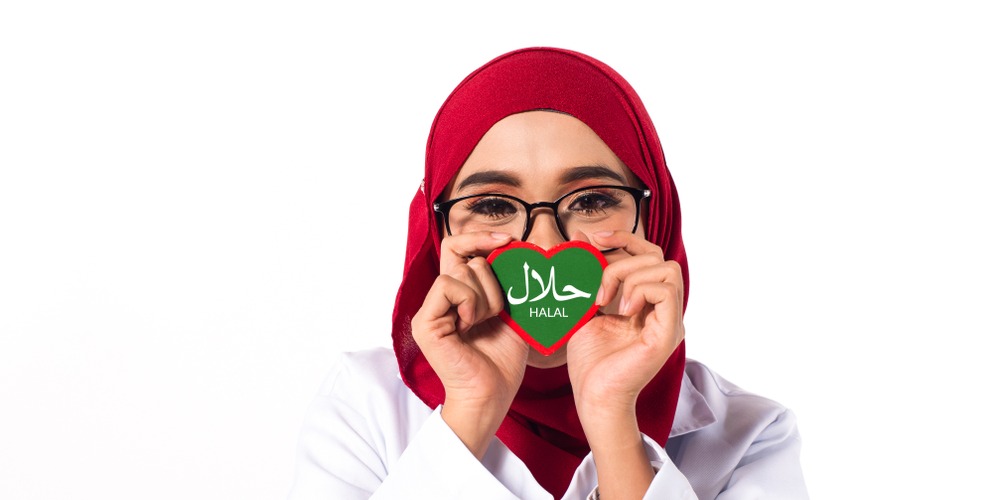Embedding integrity to embolden the future of halal pharmaceuticals
We interviewed Roziatul Akmam Osman, halal industry strategist and honorary strategic advisor to the Malaysia International Halal Research and Education Conference 2025 (MIHREC 2025)
What inspired your career switch from accountancy to halal pharmaceuticals?
It was an unexpected pivot - as an accountant at the Chemical Company of Malaysia Berhad (CCM), I assisted in promoting our halal-certified vitamins at a shareholder meeting.
It came to the attention of the company’s then chairman, and I was tasked with raising awareness for halal medicines in my role as a business manager of CCM Pharmaceuticals. That moment was a revelation – transforming what was initially a plunge into the world of marketing into a personal duty (Fardhu ‘Ain), fulfilling a communal obligation (Fardhu Kifayah).

What were the most significant challenges you faced in those early days?
Every step was a challenge. Internally, I had to learn pharmaceutical science from the ground up. Externally, we faced a twofold obstacle: convincing the Ministry of Health that halal was a vital value-added component in ensuring the quality, safety, and efficacy of medicine, in line with the Quranic concept of Halalan Toyyiban – that is, not only permissible but also encompassing safety, effectiveness, high quality, and hygienic production.
The other challenge was shifting public perception that medicines as a whole were exempt from halal requirements due to dharurah (necessity) – a misconception, as this exemption is strictly limited to genuine, immediate life-saving situations where no halal alternative exists. We were creating a blueprint where none existed.
How did you overcome these obstacles?
Through what I call shared Amanah (trust) and ‘convergence of minds’, we established a team within CCM and forged vital collaborations with key stakeholders from JAKIM, the Department of Standards Malaysia (DSM), the ministry of health, and the Halal Development Corporation (HDC).
Despite differing opinions, our shared goal prevailed and our spirit of TEAM (together everyone achieves more) extended to pioneering initiatives, such as the CEO@Faculty programme, which embedded halal principles in innovation and tertiary education from the outset.
How do existing global halal trade challenges reflect the importance of harmonised standards like those implemented by SMIIC?
Fragmented standards and disputes persist as barriers. For example, Indonesia’s WTO (World Trade Organization) dispute DS484, led by Brazil, challenged import restrictions, including halal certification.
Pakistan faces similar issues from the United States and the European Union at the WTO TBT (Technical Barriers to Trade) Committee over labelling and certification. These emphasise the need for harmonised, WTO-aligned standards.
In contrast, Malaysia’s proactive alignment of standards with ISO rigour and WTO requirements has reduced tensions, demonstrating that SMIIC’s recognition under the WTO TBT Code is vital for more seamless global halal trade.
What is the scope of Malaysian and OIC/SMIIC halal standards?
Malaysian Standards (MS) for halal cover sectors such as food, pharmaceuticals, cosmetics, medical devices, logistics, and Islamic consumer products.
OIC/SMIIC standards mirror this and expand further, with ongoing developments for ’Biopharmaceuticals/Vaccines’ and ‘Nutraceuticals and Related Products’.
Designed to meet sector needs yet grounded in shared halal principles, they ensure broad relevance and facilitate trade protection.
How does MIHREC resonate with your leadership philosophy?
MIHREC’s focus on research and education aligns with my belief that knowledge cultivates patience and fosters respect, enabling informed decisions, which are key to effective leadership.
As an honorary strategic advisor, I support this vision for the global halal ecosystem. It is more than a conference; it serves as a platform for shared Amanah, where Malaysia shares its 50-year journey with the global ummah to facilitate adaptation and adoption, as well as to build bridges for future generations through mutual respect.
What advice would you share with halal industry leaders of today?
Combine sincere intention with ethical governance, risk management, and strategic leadership. Embrace shared Amanah, mutual respect, and the ‘convergence of minds’ philosophy to embed ‘halal built-in’ as a growth enabler, sustaining halal integrity and market trust.
Ms Osman is the recipient of the 2024 Halal Malaysia Industry Lifetime Achievement Award, and will continue her role as MIHREC's honorary strategic advisor until the end of the year
Have your say: Halal Products Research Institute (IPPH) and Universiti Putra Malaysia (UPM) are gathering input for the Global Halal Industry Strategic Alignment Survey to inform the MIHREC 2025 Resolution Document. If you are a policymaker, certifier, industry player, or academic, you can contribute your insights here.

Salaam Gateway